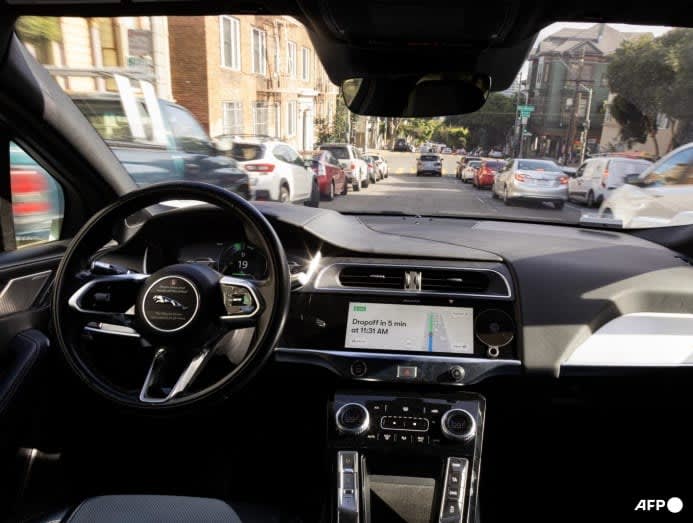25 years after investing big in biomedical sector, Singapore has tasted some success but the big league remains elusive
Cities such as Guangzhou and San Francisco already have robotaxis and autonomous buses for public use, but Singapore is treading carefully. This deliberate pace is not hesitation but to ensure safety, among other reasons.


This audio is generated by an AI tool.
in San Francisco today, booking a car ride does not necessarily mean having a driver pick you up at your location. Instead, you might open the Waymo One mobile application, enter your destination, and within minutes, a silent and driverless car will pull up, and there is no one behind the wheel.
What was once a scene from the Netflix sci-fi series Black Mirror has now become a way of life there.
Waymo is a subsidiary of Alphabet, the parent company of Google, and it operates one of the world’s largest commercial robotaxi services.
The company’s robotaxis now clock more than 250,000 rides each week across cities in the United States such as Austin, Los Angeles, Phoenix and San Francisco. In April, Waymo began hitting the streets of Tokyo in Japan, one of its first international locations.
In Guangzhou, China, a similar experience unfolds with self-driving giant WeRide, where a few effortless taps on your mobile phone will summon a car that arrives quietly, without a driver. All you need is a passcode and you are on your way.
WeRide’s autonomous technology also powers larger vehicles such as its fully autonomous eight-seater robobus.
Ms Tan Shi Hui, 33, who took the robobus during a business trip to the southern Chinese city last year, found the ride surprisingly ordinary.
“I felt quite calm throughout. The acceleration and deceleration were smooth, there were no sudden jerks, and even the turns felt gentle,” the independent consultant said, adding that she did not even feel “a hint of anxiety” when on the bus.
The large window panels on all sides allowed her to see clearly what was happening outside on the road, which made the journey feel reassuring, Ms Tan recalled.
Similarly, Mr Wu Linhan and his wife, Ms Amandine Honvault, both 28, tried Baidu Apollo's self-driving taxis when they were in Guangzhou back in 2023.
Baidu Apollo is the autonomous driving platform developed by Baidu, a leading Chinese technology company.
"It felt like stepping into the future, especially when you see the car turning without anyone's help," Mr Wu, a freelance video and photo editor, said.
Ms Honvault, a software engineer, said that they both felt safe because the taxi was not going fast or weaving through heavy traffic.
"We knew someone was checking our itinerary and double-checking that we don't have issues," she added.






